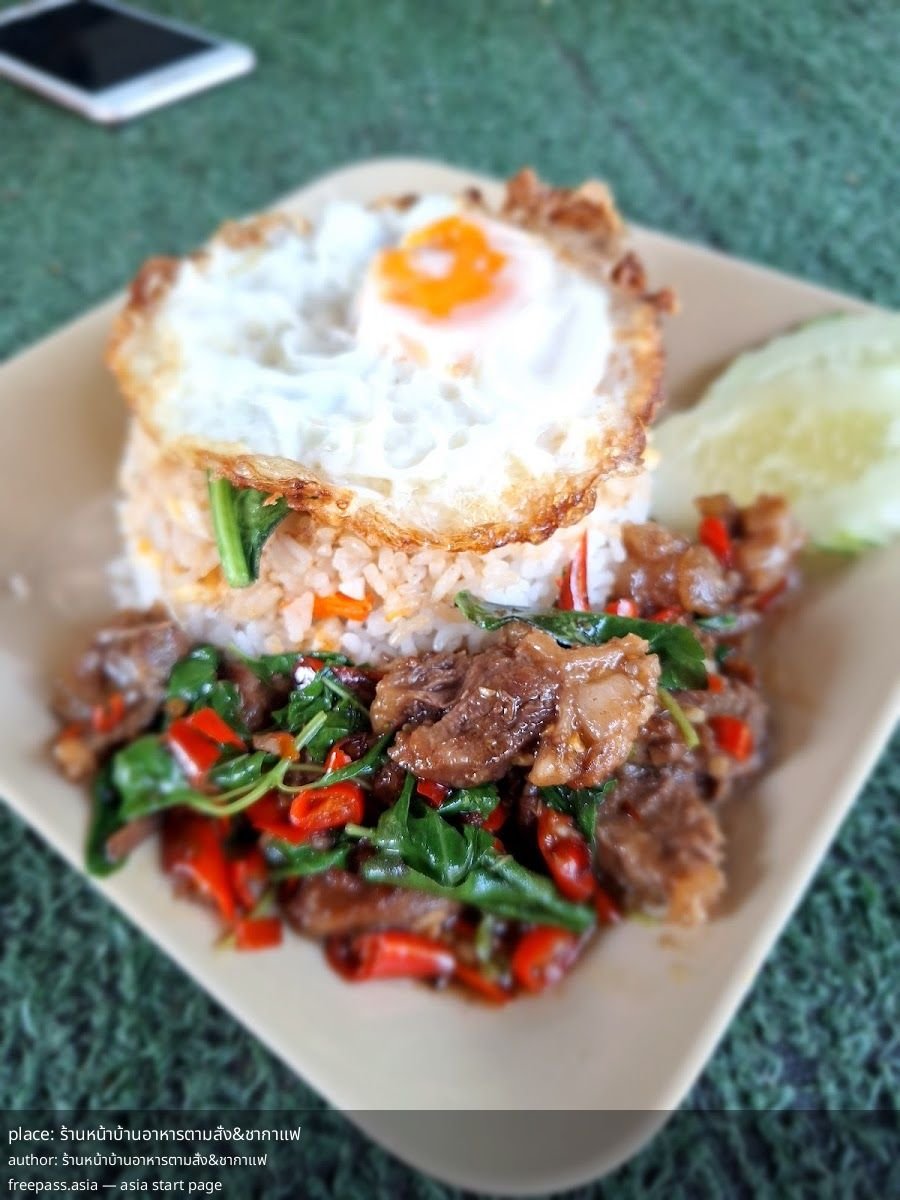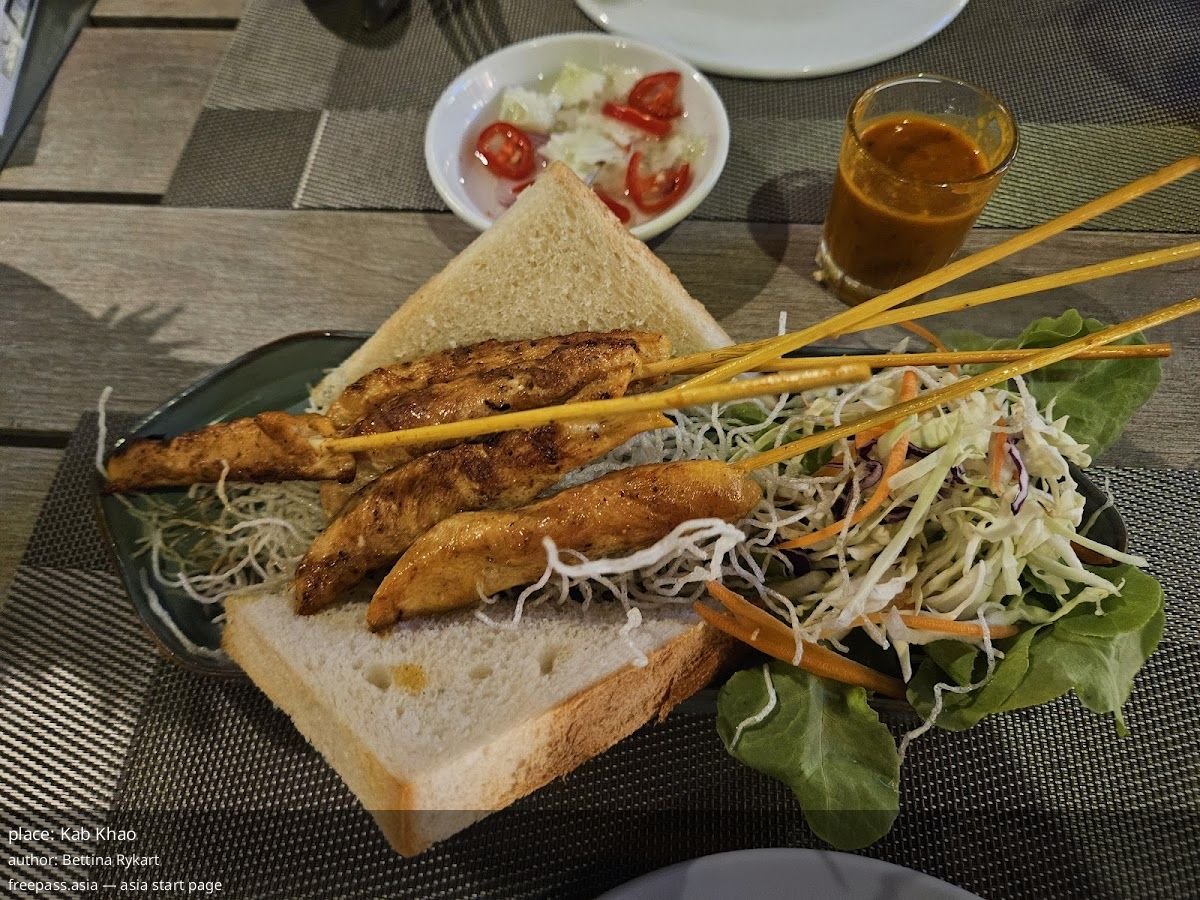AI analysis finds a bakery with cult loyalty and recurring cake delivery failures — the split between devoted regulars and angry complainants
Border run = legal trick to reset your tourist visa. Exit Thailand, re-enter same day = new 60-day stamp.
- Get 60 new days (not 30)
- Same day return to Phuket
- All transport included
- 100% success guaranteed
Leave request → Manager will explain everything
Baan Kanom Bakery & Restaurant through an AI lens: what the data actually says
I ran the restaurant’s public dataset against pattern detectors tuned on 10 years of hospitality signals. The top-line metric is a 4.3 average compiled from 226 reviews, and the patterns under that headline tell a story of reliable popularity with sporadic operational failures that disproportionately hurt guest trust.
Data snapshot
- Place type: restaurant called Baan Kanom Bakery & Restaurant
- Price tier: inexpensive
- Hours: open every day from 9:30 AM to 8:00 PM
- Payments: accepts credit cards and NFC; not cash-only
- Parking: free lot and free street parking available
- Accessibility: wheelchair accessible entrance
- Nearby context: sits close to several hotels, a coffee shop, a bar and a Japanese supermarket, placing it inside a tourist-oriented cluster
Signal 1 — Conflicting signals about bakery quality
Review-level content contains a sharp contradiction: a longtime local patron reports weekly visits over a decade, praising Thai dishes, drinks and unique cakes alongside a re-themed interior that transports them; another reviewer calls the bakery their go-to for birthday cakes; and a recent reviewer arriving from abroad reports a catastrophic cake order that was delivered hours late, expensive for the product, hot and improperly handled, and met without any reply from staff. Those three narratives create a high-variance posterity for baked goods: strong loyalty and repeat business sit next to a risk of an occasional high-impact failure for special orders.
Signal 2 — Service speed and staff attitude are inconsistent
Guest comments point to two distinct operational weaknesses. One patron describes slow table-side service and long food waits caused in part by an unfamiliar service interaction model, while another reports direct staff discourtesy severe enough to discourage future visits. These are separate failure modes: one indicates procedural delays, the other indicates personnel-driven negative encounters. Both reduce perceived reliability but require different fixes.
What the algorithms infer about risk and reward
Combining the average rating, the review volume and the qualitative signals yields a probabilistic profile: high chance of a satisfactory casual meal or pastry, lower but non-negligible chance of a disappointing experience when expectations are conditional (special-event orders or service-sensitive moments). The restaurant scores well on accessibility and convenience vectors, which increases sampling by tourists and hotel guests, and that exposure amplifies the impact of any negative incident.
Actionable, AI-derived recommendations for diners
- For special orders (cakes, events): require explicit, timestamped confirmation and a visible handling procedure. Ask for a delivery window that starts earlier than your absolute deadline and request photographic proof of refrigeration or packaging prior to dispatch.
- For dine-in plans: allocate buffer time for seating and ordering; expect variable wait times and plan activities accordingly rather than scheduling a tight itinerary around the meal.
- When service quality matters: document issues with photos and timestamps and insist on a written response from management if an outcome is poor; this both increases chance of remediation and creates a data trail helpful for escalation.
- If you want to minimize variability: consider repeat-visit strategies — ask staff which menu items are made in-house versus prepped centrally, then favor items with high repeat mention among positive reviews.
Managerial signals hidden in the data (what the business should fix)
Two targeted changes would reduce the most damaging complaints: standardize special-order workflows so temperature control and delivery timing are observable, and add soft-skill coaching for front-line staff to lower incidence of perceived rudeness. Both changes address different root causes revealed by the reviews: one operational, one interpersonal.
Short verdict for diners who rely on data
Baan Kanom offers value, convenience and loyal fans, but treat special orders and service expectations as variable. If you follow the risk-mitigation steps above you lean the odds toward a reliably pleasant visit.
FastTrack Thailand = skip 2-hour immigration queues. Personal escort meets you with name sign, guides to VIP lane. 2 hours → 15 minutes guaranteed.
- 2 hours saved every arrival
- Personal escort with name sign
- VIP immigration lane access
- From $40 - cheaper than expected
Book FastTrack → Save 2 hours today
🕒 Opening Hours
💳 Payment Options
🅿️ Parking Options
♿ Accessibility Features
7.838401, 98.349022























Comments are closed